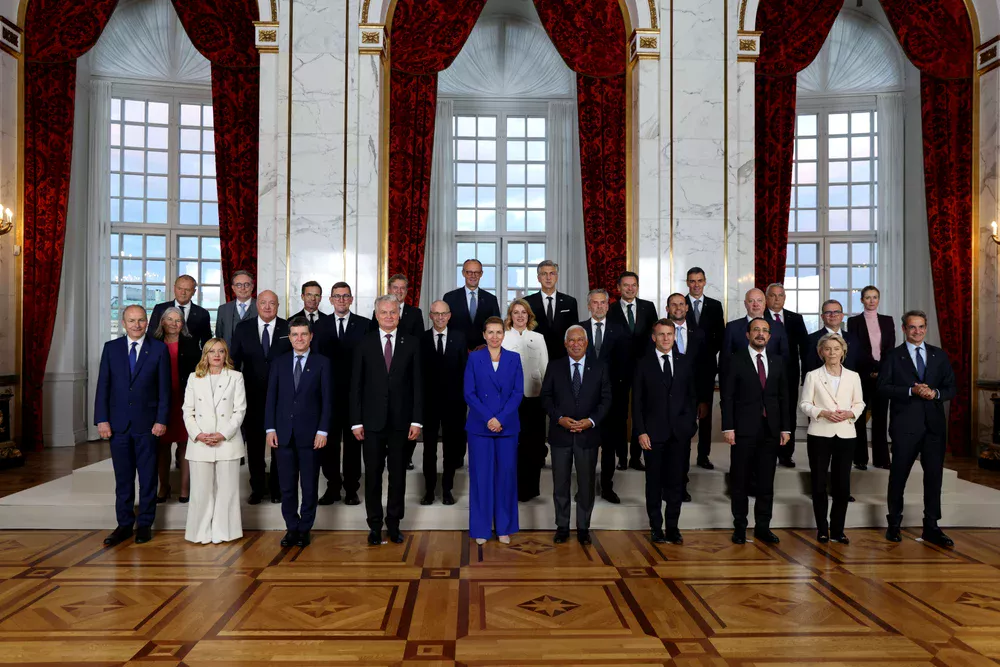In the context of Russia’s increasing attempts to sabotage the EU, Union governments have agreed to restrict the movement of Russian diplomats in Europe. This measure does not address the root causes of European vulnerability, say experts consulted by “Adevărul”.
EU governments have agreed to restrict the movement of Russian diplomats within the European Union, in response to the growing number of sabotage attempts, which intelligence agencies say are often committed by spies operating under diplomatic cover, reports FT.
The proposed rules would require Russian diplomats working in EU capitals to notify the governments of the respective countries about their travel plans before crossing the border.
The initiative, supported by the Czech Republic, is part of a new package of sanctions prepared by Brussels in response to Russia’s large-scale invasion of Ukraine. The package requires unanimous support to be adopted. Hungary, the last country to oppose the new sanctions, has lifted its veto, according to European sources.
International Relations Expert: “We have witnessed a clear intensification of sabotage acts”
Gabriela Ciot, university professor of International Relations and European Studies at Babes-Bolyai University Cluj-Napoca, explained to “Adevărul” that in recent months, we have witnessed a clear intensification of sabotage acts, cyber attacks and informational manipulation actions carried out by the Russian Federation on European territory.
“These hybrid activities, targeting critical infrastructures, the informational space and the security of democratic institutions, are not isolated episodes, but coherent manifestations of a strategy of pressure and destabilization intended to test the cohesion of the European Union. Increasingly, these practices will continue to be part of the strategic landscape of the continent, in a foreseeable future”, believes the professor.
In this context, the Council of the European Union decided a few days ago to extend until October 9, 2026, the individual restrictive measures against persons and entities responsible for Russia’s destabilizing actions abroad. It involves 47 individuals and 15 entities, targeted by asset freezes and travel bans, in an attempt to limit the economic influence and mobility of those involved in hybrid operations, the expert specified.
“The measures are part of a collective protection strategy, through which the Union tries not only to defend itself from hostile behaviors, but also to discourage and respond promptly to them”, explains Ciot.
Details, HERE

